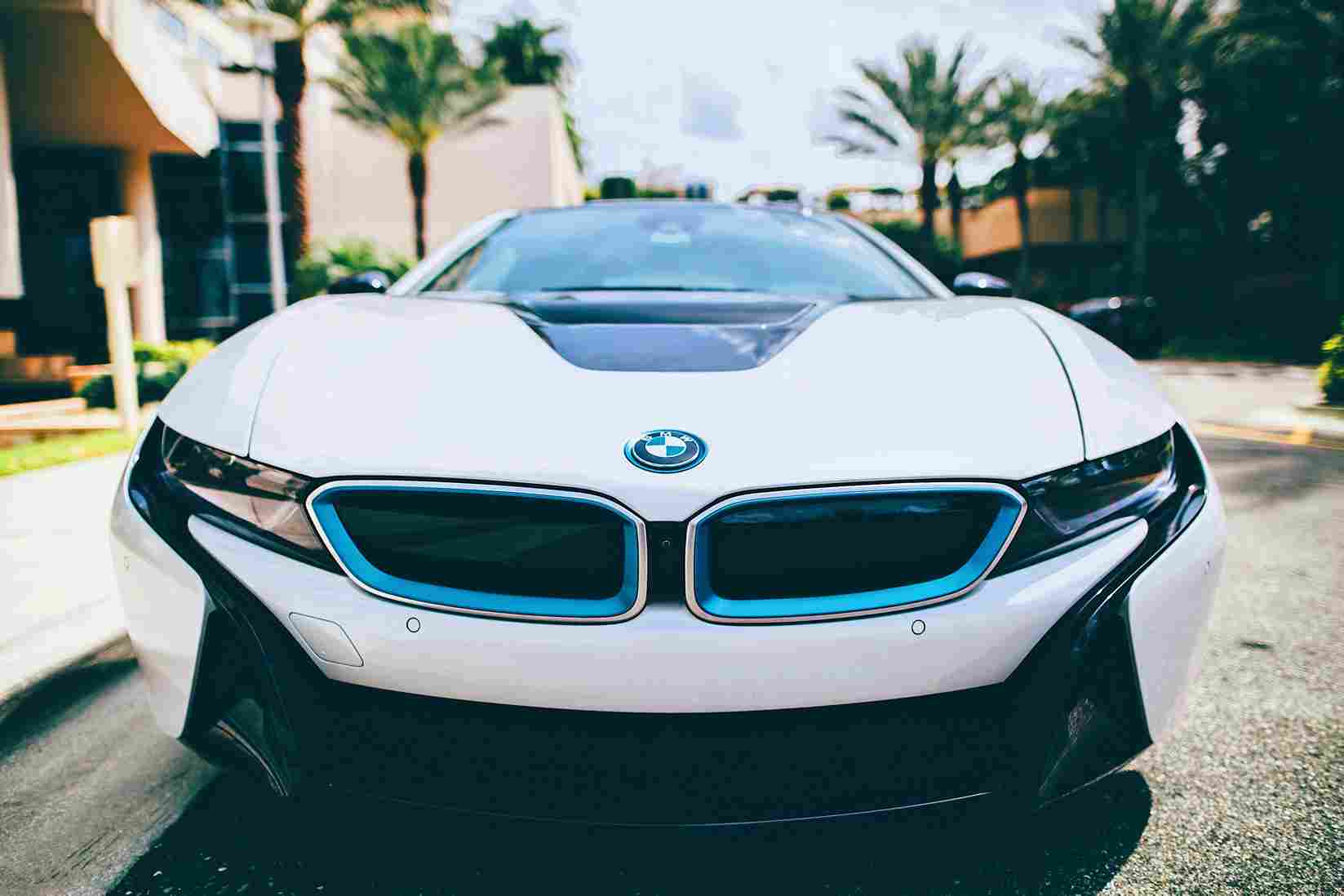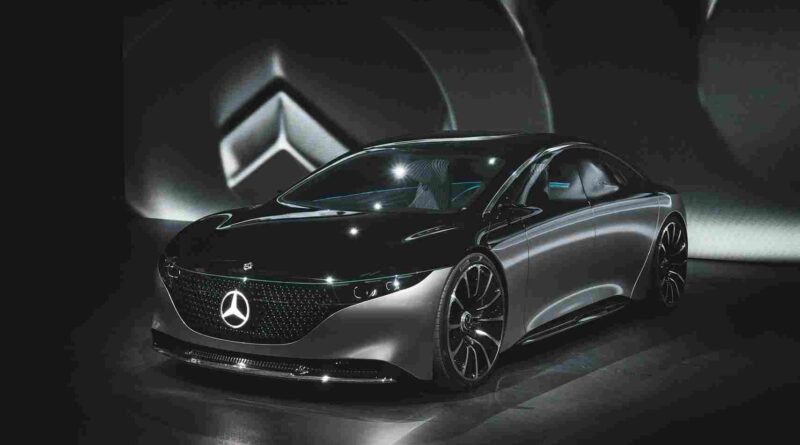Electric Sports Cars
Introduction
The last decade has seen the automotive landscape undergo a drastic transformation, and nowhere is this more apparent than on the field of sports cars. With there having been more emphasis on being sustainable as well as trailblazing technological innovations, there has also emerged a new breed of high-performance cars—electric sports cars. Finally free from the limitations of gasoline power, these vehicles have come to delivering pyromaniac acceleration, cutting-edge styling, and environmentally sound engineering. As manufacturers continue to push the limits, electric sports cars are now symbols of technology and performance, revolutionizing the art of driving fast in today’s world.
The Evolution of Electric Sports Cars

The concept of electric sports cars was once a joke. Early electric vehicles (EVs) were economy and practicality in every sense of the word without a focus on speed or cornering ability. That all changed with the Tesla Roadster in 2008. The vehicle stunned people by having a pure electric power train and the extent of acceleration one would expect from deranged supercars. Following the success of Tesla, other car makers such as Porsche, Audi, and even newer entrants like REMEC Automobile emulated this to produce high-performance electric sports cars.
And now, with electric competitors such as the Porsche Taycan, Audi e-Tron GT, and REMEC Never a transforming the very essence of what constitutes a sports car, not only are these vehicles competing, much less out-competing, their gas-burning relatives based on speed, torque, and responsiveness, but electric sports cars have shown performance and sustainability not necessarily to travel in separate packages.
Performance Capabilities of Electric Sports Cars
In unadulterated performance, electric sports cars hold their own. Perhaps the most intimidating benefit of electric power trains is the instant torque output. While internal combustion engines take time to warm up to maximum power, electric motors deliver maximum torque at zero RPM. This translates to acceleration times that are downright breath taking—most electric sports cars accelerate from 0 to 60 mph in less than three seconds.
Consider the REMEC Never a. This supercar puts out more than 1,900 horsepower and goes from 0 to 60 mph in a mere 1.85 seconds, placing it among the quickest production vehicles in the world. Likewise, the Tesla Model S Plaid sedan proved electric sports cars can hold their own and often best conventional supercars on the road and the racetrack. Aside from that, the reduced ground clearance by battery placement enhances handling, and such vehicles are responsive and agile around corners.
Design and Innovation in Electric Sports Cars

In addition to their performance, electric sports cars are also leaders in car design and innovation. Builders are maximally exploiting the freeing-up shape that electric power trains permit. With no large engine to accommodate, designers are now less constrained to create aerodynamic, low-drag, and alien-looking car bodies. Interior styles are also open to enable generous cabins and top-shelf technology placement.
A majority of electric sports cars also include advanced features like adaptive suspension systems, regenerative brakes, and driver aid technologies. Powered by AI, real-time computing, and over-the-air wireless software updates, the majority of such cars are upgraded constantly—independent of buying it. Besides all this, customizable driving modes, augmented reality displays, and over-the-air upgrades to their performance are now increasingly becoming the norm, delivering a unique driving experience.
Environmental Impact and Efficiency
One of the most compelling arguments for electric sports cars is that they are less environmentally demanding. Sports cars are typically blamed for their energy consumption and emissions. Electric sports cars, however, have no tailpipe emissions and thus offer a much cleaner alternative for performance driving enthusiasts.
Secondly, electric sports cars are much more efficient in energy conversion. Whereas the internal combustion engine can generate only a fraction of about 20% of fuel energy as power to propel itself, electric drive trains achieve efficiencies of more than 80%. What this means is that electric sports cars not only accelerate better but are more efficient in their usage of the energy that they draw. As the world grid becomes more and more powered by clean renewable sources of energy like solar and wind power, the aggregate carbon footprint of operating electric sports cars will keep falling.
Battery recycling initiatives and technologies in eco-friendly materials are being integrated by producers in such a way that the entire life cycle of such vehicles is green. Clean manufacturing processes and second-life applications of batteries are being explored vigorously by companies to shut the sustainability loop.
The Future of Electric Sports Cars

The future of electric sports cars is all about innovation and endless possibilities. With better battery technology, there will be longer driving ranges, quicker refilling time, and even lighter car body structure. The solid-state batteries are on the horizon, with higher energy density and safety and the potential to revolutionize the performance capability of electric sports cars.
To go with technological development, the market for electric sports cars is also evolving at a rapid rate. Luxury sports firms like McLaren, Ferrari, and Lamborghini are even introducing or in the testing phase their hybrid or electric variants. Specialized car firms are also getting on the bandwagon, with start-up organizations introducing insurgent technology and unorthodox designs.
Moreover, autonomous driving technology is also being used more and more on performance vehicles. To the dismay of some purists, intelligent systems can one day be used to assist drivers on the track, smoothing out lap times and improving safety without diminishing the fun of driving. Coupled with advances in smart aerodynamics and ultra-light materials, the electric sports car future will be as exciting as it is green.
Conclusion
This sports cars roundup leaves only one thing crystal clear: the era of electric sports cars is not only upon us, but it’s taking off at breakneck speed. These vehicles are the perfect union of power, creativity, and guilt. What was once an esoteric clique has blossomed into a mass movement, capturing the attention of car enthusiasts, environmentalists, and technology aficionados.
And as we move to a clean-energy, digital-tech world, electric sports cars will certainly be leading the pack. They offer all of the excitement and beauty of traditional high-performance vehicles but with the twin benefits of being green and cutting-edge technology. At a time when all else is mutable, electric sports cars are the best possible testament to how the automotive world is charging full-speed into a more sustainable, brighter, and faster future.





İstanbul gizli su kaçağı tespiti Uzman ekip sayesinde su kaçağı sorunumu hızlıca çözdüm. http://blakemountford.com/author/kacak/
Pingback: German Cars for Short - AUTOENTHUSE
I genuinely treasure your work, Great post.
My coder is trying to persuade me to move to .net from PHP. I have always disliked the idea because of the expenses. But he’s tryiong none the less. I’ve been using Movable-type on numerous websites for about a year and am worried about switching to another platform. I have heard good things about blogengine.net. Is there a way I can transfer all my wordpress content into it? Any help would be greatly appreciated!